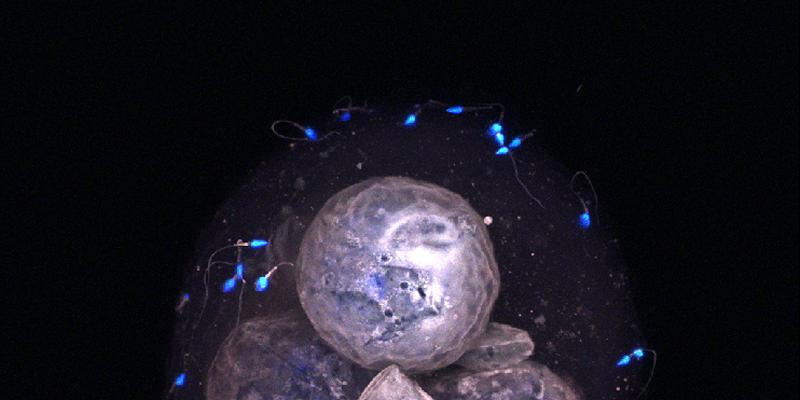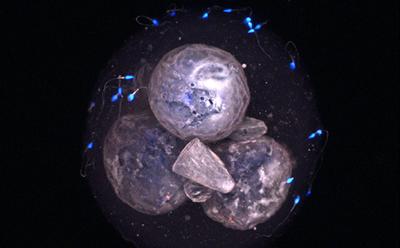Research Group: Developmental Biology
The Developmental Biology research group’s research spans basic processes in reproduction and early development and their relevance to postnatal diseases from cancer to osteoporosis.

The Developmental Biology research group’s research spans basic processes in reproduction and early development and their relevance to postnatal diseases from cancer to osteoporosis.

Understanding embryo development is a huge scientific challenge and remains one of the ultimate goals in the study of developmental biology. Unravelling how humans develop is medically important to understand why problems arise in pregnancy and a foetus may have abnormalities or fail to be born.
The Developmental Biology research group is exploring how the periconceptional environment such as diet is thought to influence embryo development and ultimately affect adult health.
The study of developmental biology has already proved extremely useful in regenerative medicine applications, particularly embryonic stem cells and their clinical use for conditions such as fracture repair. This stem cell study could prove significant in developing new treatments for cancer, as cancer cells exhibit similarities to embryonic stem cells in their ability to divide indefinitely and in their gene expression.
The research group has a specific interest in defining mechanisms which underlie the development and origins of health and disease with particular focus on epigenetic processes. Other interest areas include:

If you are interested in joining us either to study or to become part of our research team please select the relevant link below for further information.
Funded PhD Opportunities
Current job vacancies at the University of Southampton